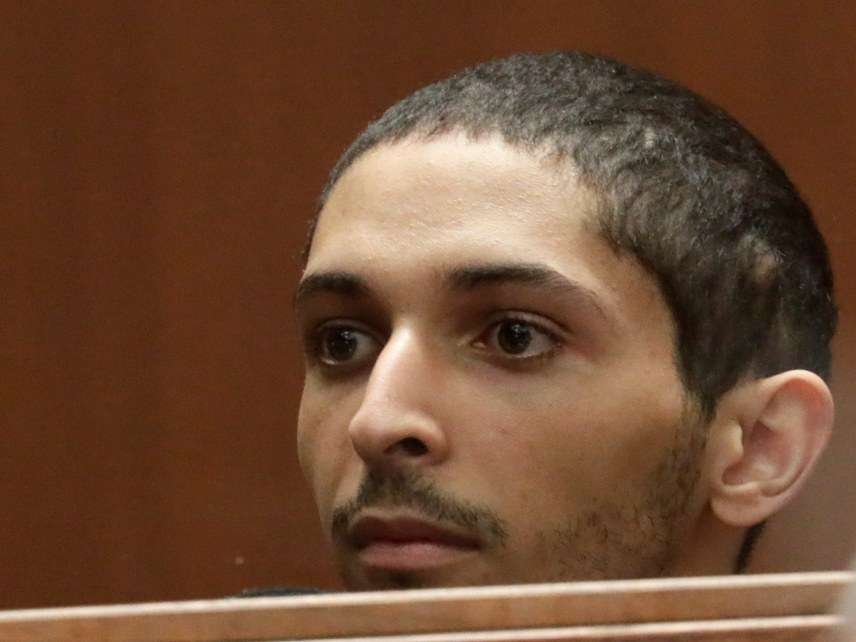Man Pleads Guilty to Charges in Deadly Swatting Prank Call
Police, however, still shift away responsibility for killing unarmed, innocent Wichita man.

Tyler Barriss, 27, of Los Angeles will be going to federal prison for a nasty prank "swatting" call in 2017 that sent police in Wichita, Kansas, to the home of a stranger and ended with an officer fatally shooting Andrew Finch, 28.
Finch was unarmed and standing on his porch when he was shot by police. He was not involved in any criminal behavior and didn't even know Barriss. Barriss, disgruntled from a wager over a game of Call of Duty, was attempting to send a SWAT team (lying about a violent hostage situation) to the house of one of his fellow gamers as a form of retaliation. But he had the wrong address.
Police say they had no idea the call was fake when they arrived at Finch's home. Finch, hearing the commotion outside, went out on his porch to see what was happening. A police officer shot him from across the street, claiming Finch ignored his commands. Finch died, likely the first person to be killed in one of these dangerous prank swatting calls.
Barriss has a lengthy history of phoning in threats and credit fraud, and he's pleading guilty to a whole host of nasty behavior besides this one call—51 charges in all. The prosecutor is recommending a 20-year sentence.
Barriss should go to jail and should be punished for his role in Finch's death and his other threatening behavior. But throughout all of this, police appear to still be refusing to publicly accept any sort of responsibility or consider what they could do differently to prevent another unnecessary fatal shooting from happening. The Wichita officer who shot Finch, Justin Rapp, was cleared of responsibility in April, with the district attorney determining that the shooting was reasonable based on the information the officer had at the time.
Fundamentally, this grants police the authority to shoot innocent people when responding to prank calls, and that's just a terrible way to deal with what happened. It feeds the very dangerous narrative that it's acceptable for police to kill as long as they are afraid. And that incentivizes police to say that they were afraid or believed that something bad was about to happen ("We thought he was reaching for his waistband" reared its ugly head in this case) in order to justify poorly thought out and deadly decisions.
For the kicker, as part of the plea deal, Barriss has to send letters of apology to Finch's family—and also to the police and dispatchers he tricked. It certainly says something about our deference to authority that the Wichita Eagle's reporting of the agreement notes the apology letters to the police and dispatchers before Finch's actual family.
CORRECTION: This story originally misspelled the victim's name. It is Andrew Finch, not Fitch.


Show Comments (46)